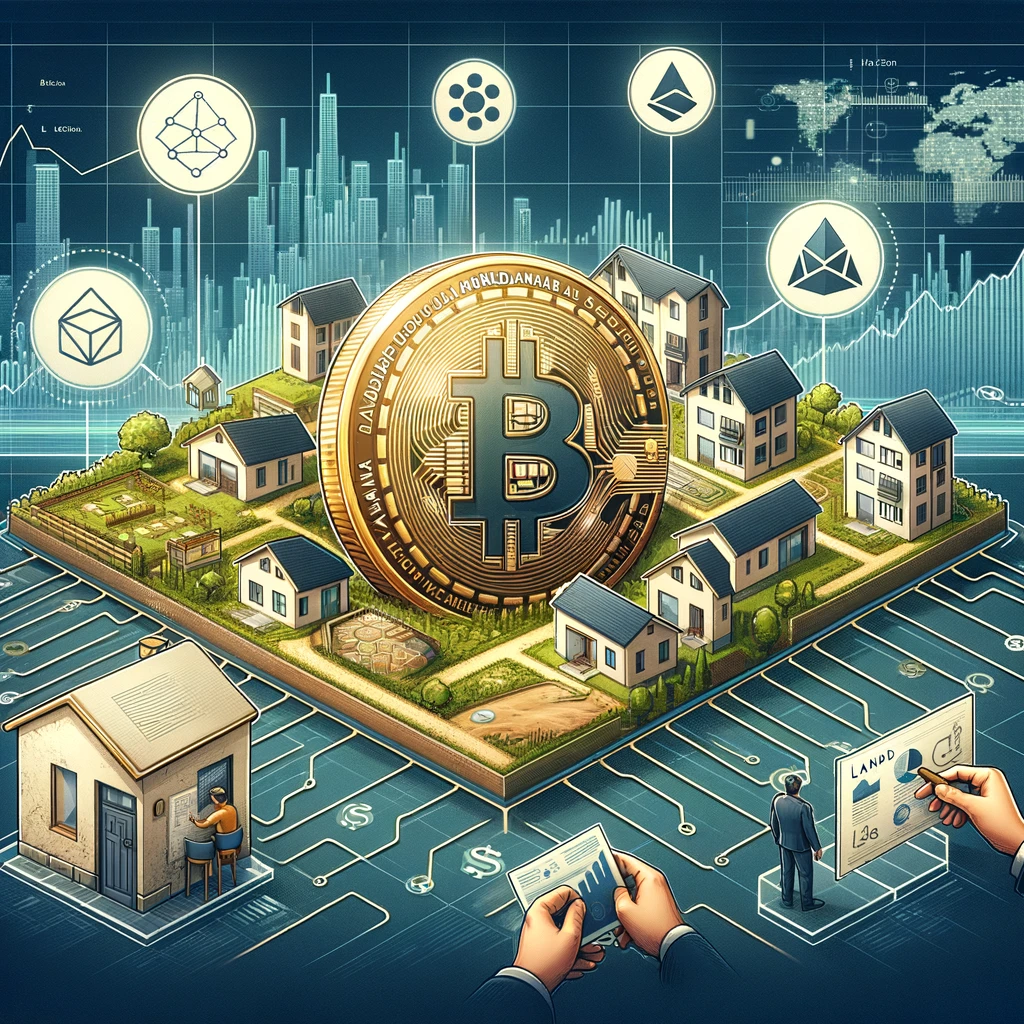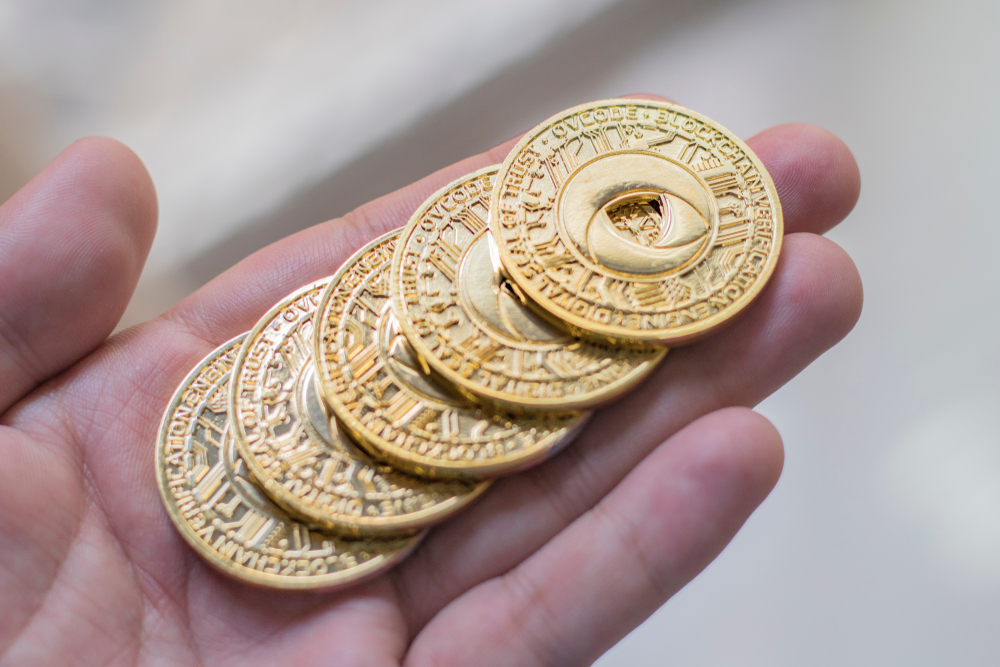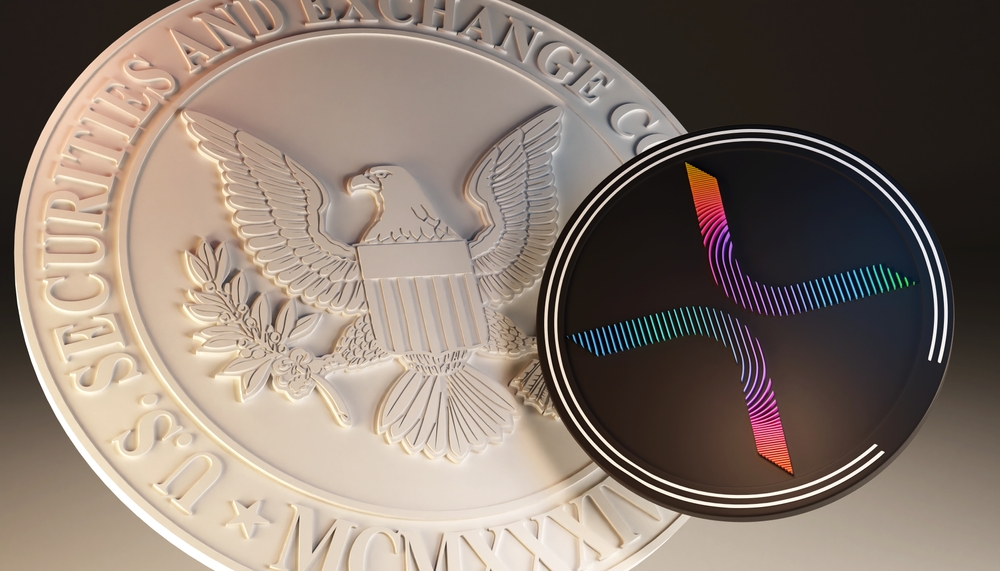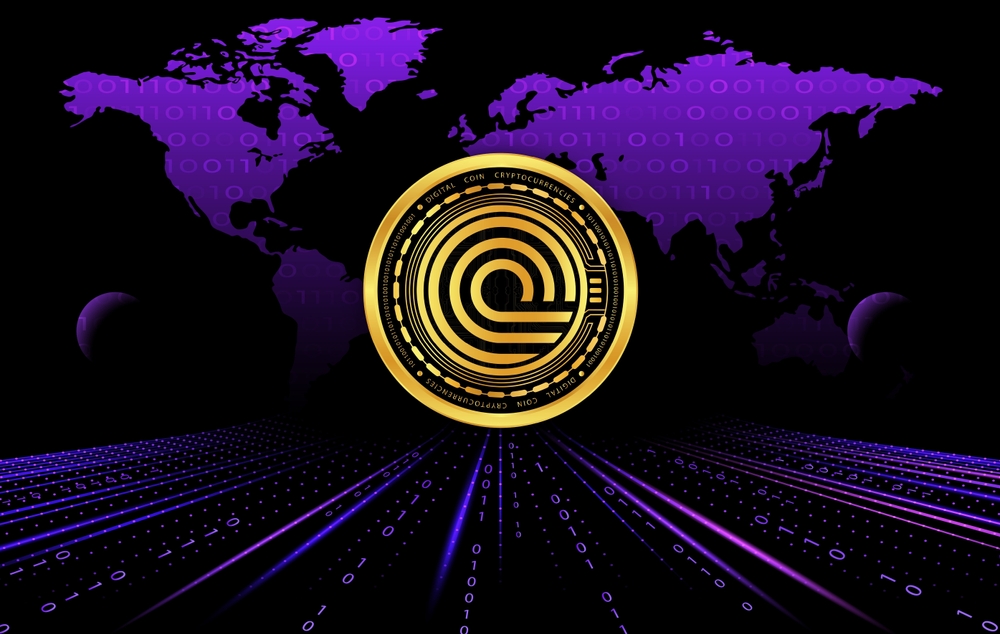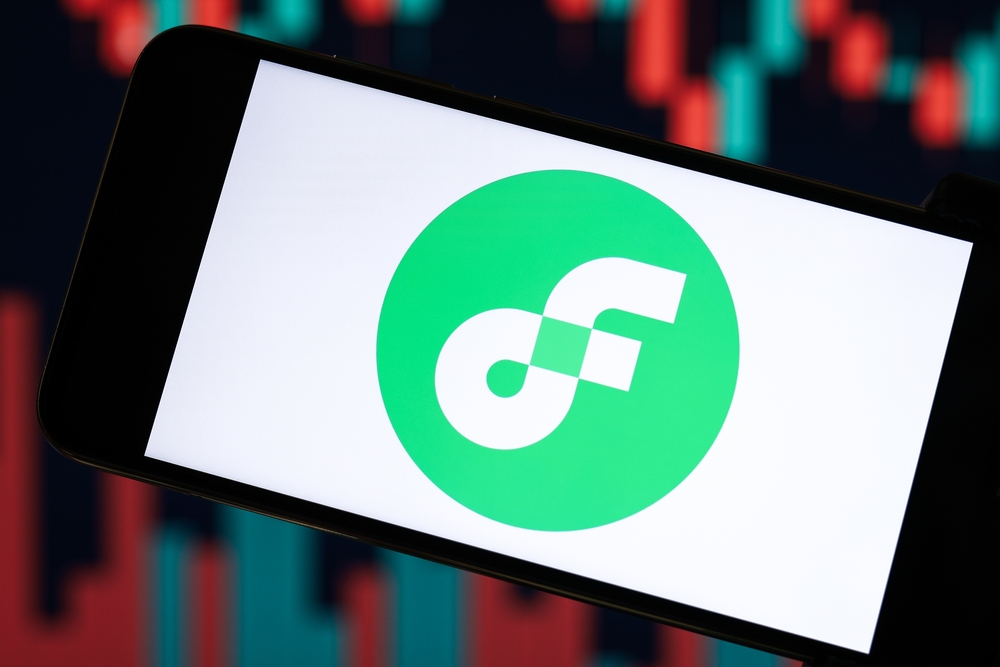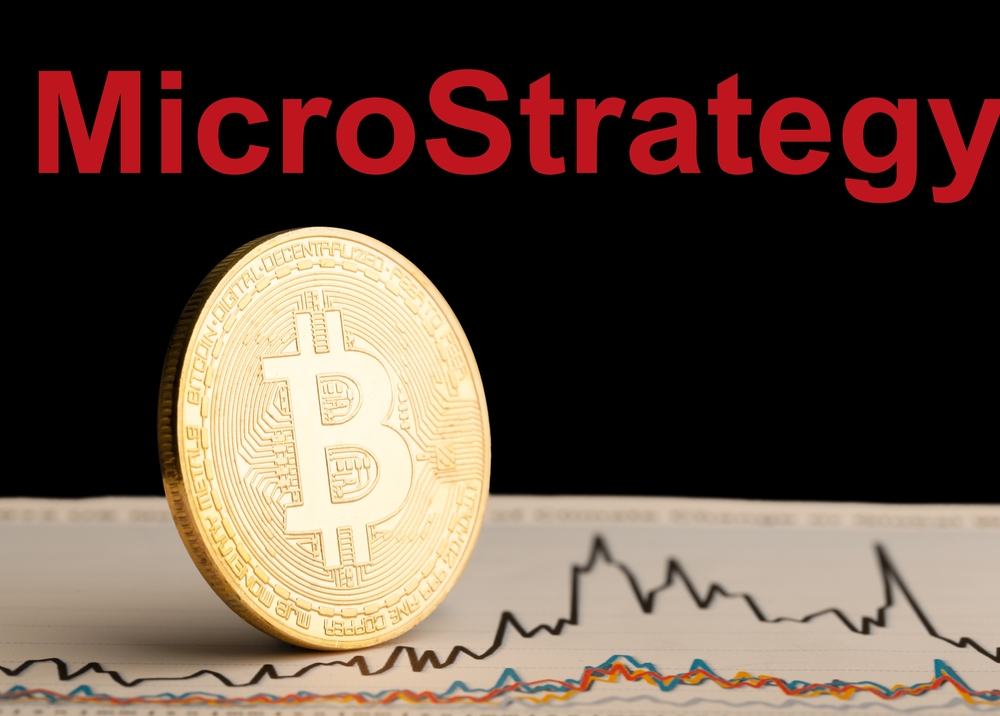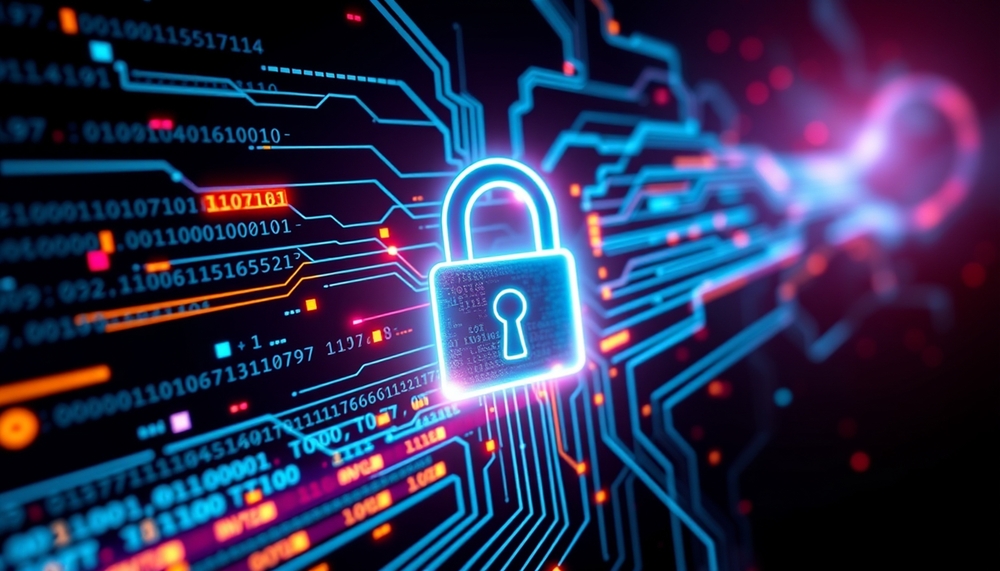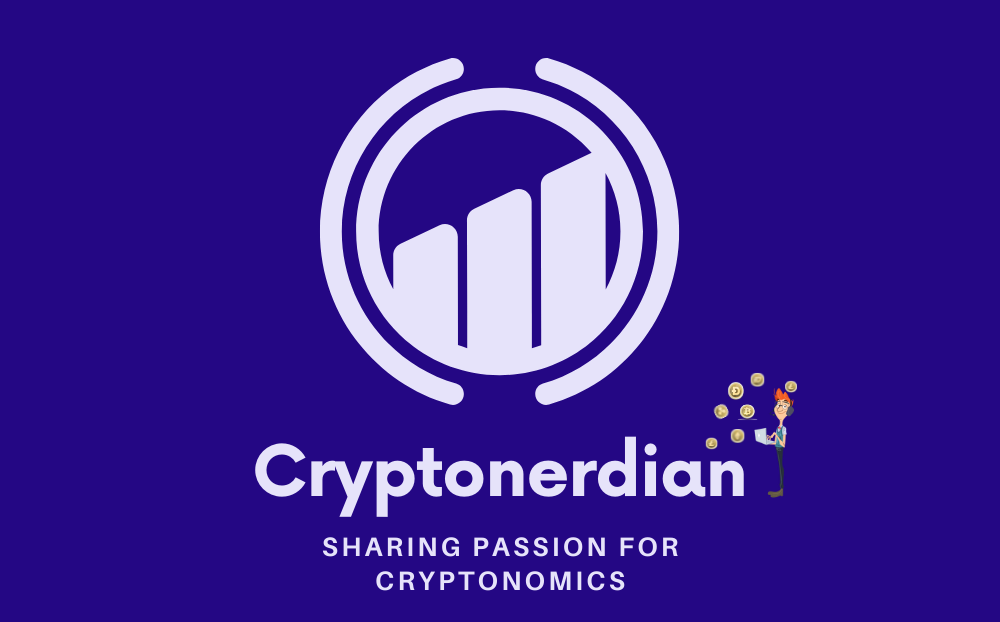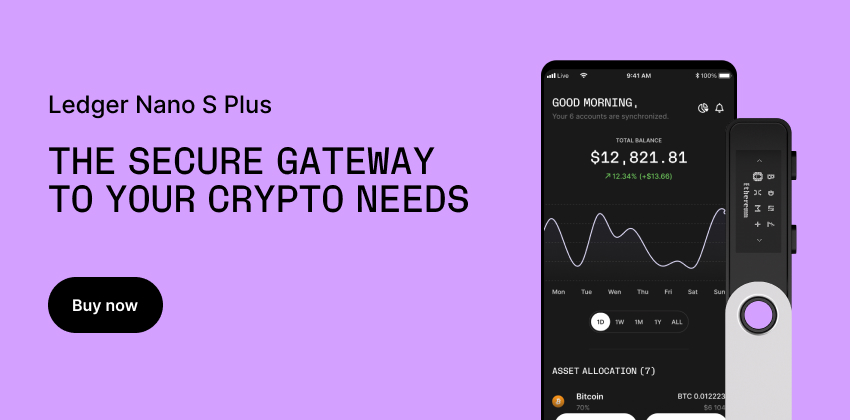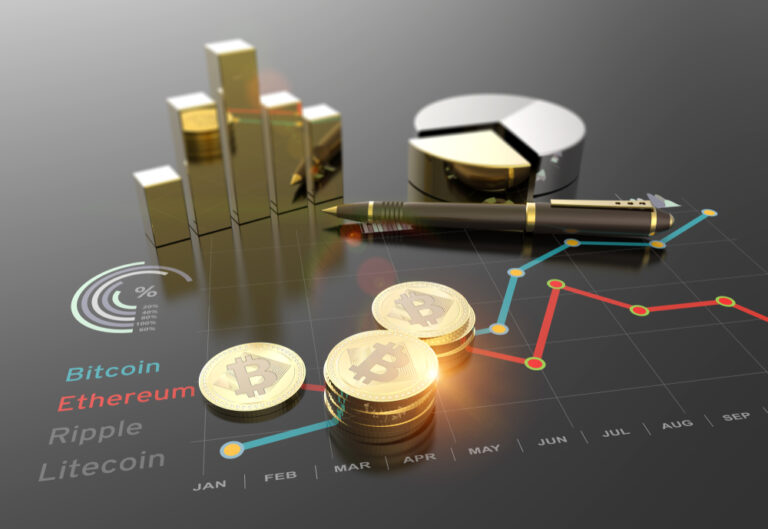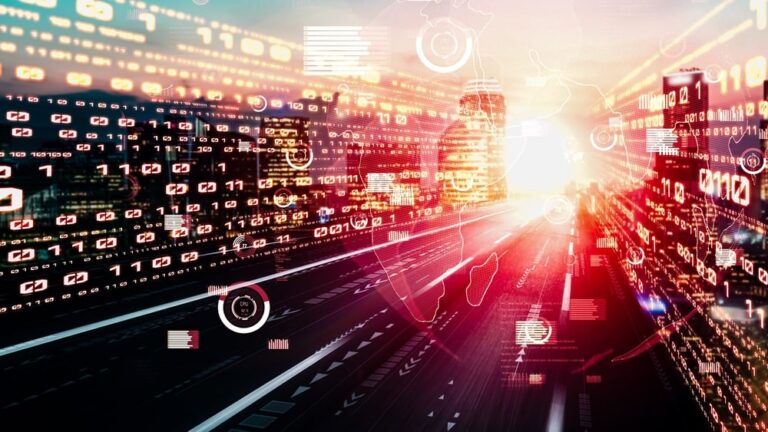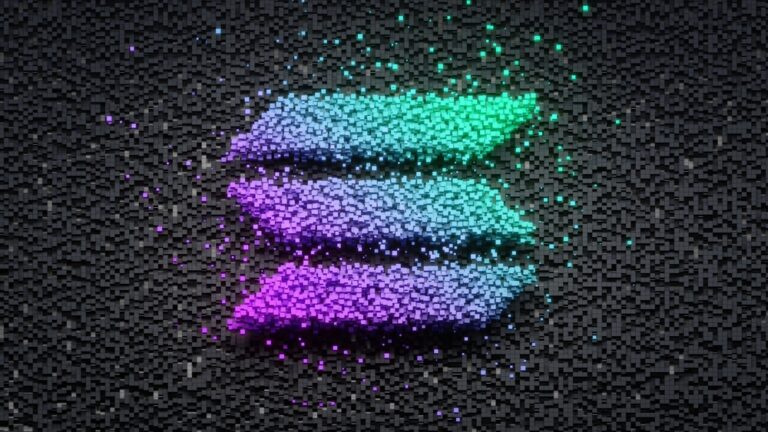Landshare is a pioneering project situated at the intersection of real estate and blockchain technology, offering a unique investment platform that extends the decentralized finance (DeFi) paradigm to real world assets (RWAs). By tokenizing property ownership, Landshare creates an innovative way for individuals to invest in real estate through its RWA Altcoin, making what was once a highly illiquid asset class more accessible and tradable. Landshare’s approach aims to harness the security and transparency inherent in blockchain technology to bridge the gap between cryptocurrency and physical property investment.

The platform’s RWA Altcoin stands out by infusing real estate assets into the digital currency space, allowing for fractional ownership of property and the potential for consistent returns through rental income and value appreciation. This integration challenges traditional investment methods by democratizing access to real estate markets, typically dominated by institutional investors and high net-worth individuals. Through Landshare, users can benefit from blockchain’s potential to provide a reliable, secure, and compliant way of investing in real estate, potentially reshaping the future landscape of property investment and asset management.
Table of Contents
ToggleKey Takeaways
- Landshare brings real estate investments onto the blockchain, offering fractional ownership and liquidity in traditionally illiquid assets.
- The platform leverages blockchain technology for secure and transparent transactions, adhering to regulatory compliance.
- Landshare could significantly impact the digital asset management space by integrating real world assets into DeFi.
Understanding RWA and the Blockchain Ecosystem

In the dynamic landscape of DeFi (Decentralized Finance), Real World Assets (RWA) and blockchain technology have converged to innovate how assets are managed and traded. This section elucidates the essence of RWA within the blockchain sphere and the mechanisms of tokenization.
Definition of RWA and Its Role in DeFi
Real World Assets (RWA) encompass tangible and intangible assets existing outside the digital realm, ranging from property and commodities to intellectual property and financial contracts. In the DeFi context, RWA acts as the bridge connecting traditional finance with the efficiency and accessibility of blockchain networks. They grant liquidity and diversity to the DeFi ecosystem which was historically limited to digital-native tokens.
The tokenization of RWA is a critical evolution in DeFi, enabling assets that are often illiquid and cumbersome to trade—like real estate or art—to be split into fractional digital tokens. These tokens can then be bought or sold on blockchain platforms, bringing enhanced liquidity to such assets and opening up investment opportunities to a broader audience.
How Blockchain Technology Enables RWA Tokenization
Blockchain technology offers a robust and transparent framework for RWA tokenization. It does this by providing an immutable ledger where ownership and transaction data are recorded, facilitating trust among parties without the need for a central authority.
Blockchain’s smart contracts automate the enforcement of contractual terms, further simplifying transactions involving RWA. For instance, Landshare is a blockchain-based initiative that uses this technology to tokenize real estate, thereby allowing individuals to acquire and trade fractional ownership in property assets with greater ease than traditional real estate transactions would allow.
Through blockchain, the process of asset tokenization becomes streamlined and secure, significantly reducing barriers to entry for investors and asset owners alike. This opens up a world where virtually any asset can be digitized, traded, and leveraged within the expansive DeFi ecosystem.
Introduction to Landshare

Landshare is at the forefront of integrating blockchain technology into real estate investment, bringing forth a modern approach to accessing property markets. By capitalizing on the concept of tokenization, Landshare offers a novel and accessible route to real estate investment through its Landshare Token.
Landshare’s Position in Real Estate Investment
Landshare positions itself as a bridge between the cryptocurrency world and the traditional real estate market. It provides a platform where individuals can invest in property assets directly through the blockchain, thereby democratizing access to real estate investment. The Landshare system leverages the inherent security and transparency of blockchain technology to facilitate these investments, making the often complex process of real estate investment simpler and more accessible to a broader audience.
Tokenization of Land on Landshare
The tokenization process on Landshare is a transformative concept that converts real estate, which is traditionally an illiquid asset, into transferable tokens. These Landshare Tokens represent a real value that is directly pegged to tangible property assets. Investors can purchase tokens, effectively holding a stake in the property represented, which can include rental profits and potential appreciation. This level of granularity in investment was not feasible before blockchain technology and the Landshare platform now brings this innovative investment strategy to the forefront of real estate markets.
Landshare RWA Token Mechanics

Landshare has integrated real-world assets (RWA) with blockchain technology, creating a utility token that endeavors to bridge the gap between real estate and cryptocurrency. Their RWA token, specifically, endeavors to leverage the stability of real estate assets for the benefit of token holders.
Utility of the Landshare RWA Token
The Landshare RWA Token serves as a utility token within its ecosystem. It is designed to represent a stake in the tangible assets of the platform—mainly real estate investments. Token holders have the potential to receive a proportional share of the rental income generated from these assets, effectively creating a mechanism where the blockchain token can provide a yield tied to real-world financial performance.
Staking and Rental Income Generation
Staking the Landshare RWA Token enables investors to participate in rental income generation. By locking tokens into a smart contract, they are effectively acting as property stakeholders. This process not only supports the platform’s liquidity but also entitles stakers to a share of the earnings. The distribution of rental income is conducted in a transparent manner directly to the token staker’s wallet, usually proportional to the amount staked and the duration of the stake.
Access and Liquidity in RWA Investments

Real World Assets (RWAs) are garnering attention for their potential to diversify investment portfolios. Landshare leverages blockchain to enhance accessibility and liquidity for investors interested in RWA opportunities.
Improving Market Access with Landshare
Landshare has emerged as a pivotal platform in bridging the gap between traditional real estate investment and the blockchain ecosystem. By tokenizing property assets, they afford investors the ability to partake in the real estate market with reduced entry barriers. Tokenization simplifies the ownership process, democratizing access to investment opportunities that were previously out of reach for the average individual due to high capital requirements.
These digital assets reflect a stake in real property and can be bought or sold on the Landshare platform, instantly providing a gateway for a broader base of investors. The ability to purchase fractional shares through tokens furthers market expansion, enabling participation for those with limited funds.
Liquidity Solutions and Platforms
Liquidity, a cornerstone of any investment strategy, is traditionally less fluid in RWAs like real estate. Landshare addresses this by offering a secondary market for trade in tokenized assets. The platform provides a space where investors can buy and sell tokens representing real estate investments, giving them the flexibility to manage their investments according to their requirements and market conditions.
Furthermore, Landshare incorporates staking features and yield-generating options. These features present not just liquidity through the ease of asset transferability but also an avenue for passive income, amplifying the attractiveness of RWA investments. In essence, Landshare’s innovation in the RWA sphere ushers in enhanced liquidity, mitigating one of the primary drawbacks of traditional real estate investing.
Regulatory Compliance and Security

In the evolving landscape of Real World Assets (RWAs) on the blockchain, Landshare has positioned itself as a proponent of legal compliance and robust security measures. This section details the platform’s approach to Anti-Money Laundering (AML) processes, Know Your Customer (KYC) principles, and the security protocols of Landshare’s platform.
AML and KYC in the Context of RWAs
Landshare integrates stringent AML and KYC procedures to ensure regulatory compliance and prevent illicit activities. The platform requires users to undergo a verification process that aligns with global standards. KYC policies are critical in identifying and verifying the identity of users to mitigate the risk of fraud. As Landshare deals with security tokensbacked by physical real estate, abiding by these regulatory measures ensures that the platform operates within the bounds of the law with regards to regulated assets.
Security Aspects of the Landshare Platform
The security measures implemented by Landshare reflect the seriousness with which the platform treats asset safety and data protection. Landshare employs a number of industry-standard security protocols to safeguard users’ funds and personal information. The utilization of security tokens represents a commitment to legitimacy and transparency, as these tokens fall under regulatory oversight and offer investors legal protection. By securing RWA on the blockchain, Landshare fosters trust and stability within its investment platform.
Integration with Other DeFi Platforms

Landshare’s proactive approach to integrating with other DeFi platforms has enhanced its ecosystem, forging key partnerships and enabling diverse token utilities across platforms.
Partnerships with DeFi Lending Platforms
Landshare has strategically partnered with DeFi lending platforms to broaden access to real estate investments. By integrating with these platforms, users can leverage their Landshare tokens as collateral for loans. One remarkable partnership includes Pendle, allowing users to utilize their future yield for immediate liquidity.
Cross-Platform Token Utility
The utility of Landshare tokens extends beyond its native platform due to its cross-platform token utility. This synergy is exemplified in their integration with Polymesh, a blockchain tailored for regulated assets, which facilitates smoother and more compliant transactions. Ondo also plays a crucial role in diversifying Landshare’s DeFi functionality, offering structured financial products within the Landshare ecosystem.
Analysis of Investment Opportunities

Investment in Landshare offers a novel avenue for diversifying portfolios into real-world assets (RWAs) using blockchain technology. It presents a unique blend of traditional real estate benefits with the flexibility of altcoins.
Diversification Through RWA Tokens
Landshare taps into the essence of portfolio diversification. Unlike conventional cryptocurrencies, which are often subject to market volatility, RWA tokens are backed by real estate assets, providing a more stable investment foundation. They enable individual investors to gain exposure to the global real estate market, traditionally a domain for institutional or high-net-worth individuals. This represents a merging of global investment strategies with the innovative use of technology to democratize access to real estate profits.
Exploring Traditional Finance vs. RWA Altcoins
In comparing traditional finance with RWA altcoins like Landshare, the contrast is stark in terms of accessibility and potential returns. Traditional financial instruments are firmly rooted in long-standing regulatory frameworks and familiarity. Conversely, RWA altcoins operate on a more decentralized foundation, offering lower barriers to entry and a more inclusive global investment ecosystem. Yet, they maintain the allure of asset-backed security, setting them apart from the volatility typically associated with cryptocurrencies. This balance positions them as a compelling investment opportunity for the financially savvy.
Future of RWA and Digital Asset Management

Real-World Assets (RWA) and Digital Asset Management are poised to transform the investment landscape, leveraging blockchain technology to enhance liquidity, transparency, and accessibility.
Innovations in Tokenized Asset Management
New developments in tokenized asset management are redefining how investors interact with real-world assets. Landshare, for example, has introduced a platform that allows users to invest in tokenized property with ease, aligning the stability of traditional real estate investment with the efficiency of blockchain technology. These platforms offer fractional ownership, where investors can buy tokens representing a share of a physical property. The deployment of smart contracts automates processes such as rent collection and dividend distribution, which increases operational efficiency and reduces management costs.
Institutional Interest and New Markets
Institutions are showing an increased interest in tokenized assets, recognizing the potential for portfolio diversification and risk management they offer. Companies like Landshare indicate a growing confidence among institutional investors in utilizing blockchain for asset management. This attention extends beyond established markets, seeking untapped opportunities in new geographies and asset classes. By tokenizing assets, barriers to entry are lowered, making investment in foreign markets more accessible and paving the way for global investment opportunities.
The synchrony of innovation and institutional interest is expanding the scope of digital asset management, offering robust, streamlined, and expansive investment platforms that may set the standard for future financial interactions.
Frequently Asked Questions

The following are common inquiries about Landshare, providing insight into its investment process, token mechanics, market performance, and latest exchange listings.
What is the process for investing in Landshare properties?
Investors can start by creating an account on the Landshare platform. They are then able to purchase property tokens representing a share in a physical real estate investment.
Can you explain how property tokenization works with Landshare?
Landshare utilizes blockchain technology to divide real estate into tokens that holders can buy, thereby owning a fraction of the property. This allows for lower entry points and liquidity in the real estate market.
What has been the historical performance of the Landshare token?
The Landshare token’s performance has varied, reflecting broader real estate and cryptocurrency market trends. Prospective investors should research past trends via price tracking platforms.
How can one predict the future price movements of Landshare?
Future price movements of Landshare tokens can’t be predicted with certainty. Investors generally assess market demand, the real estate market, and the token’s utility to inform their expectations.
On which exchanges is the Landshare token currently listed?
The Landshare token is listed on a selection of decentralized and possibly centralized exchanges. Availability can be checked directly on the Landshare website or on exchange listings.
What are the latest updates and news about Landshare’s market activities?
For the latest updates, one should consult official Landshare announcements and news updates, which may include information on market activities, new property listings, and platform features.

